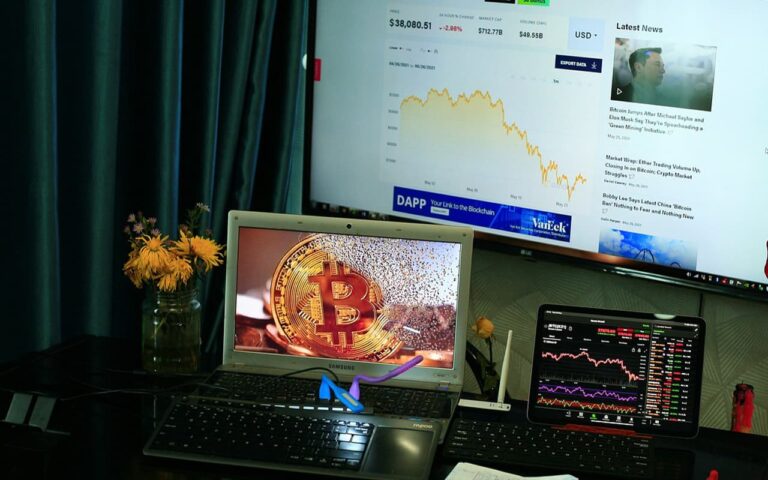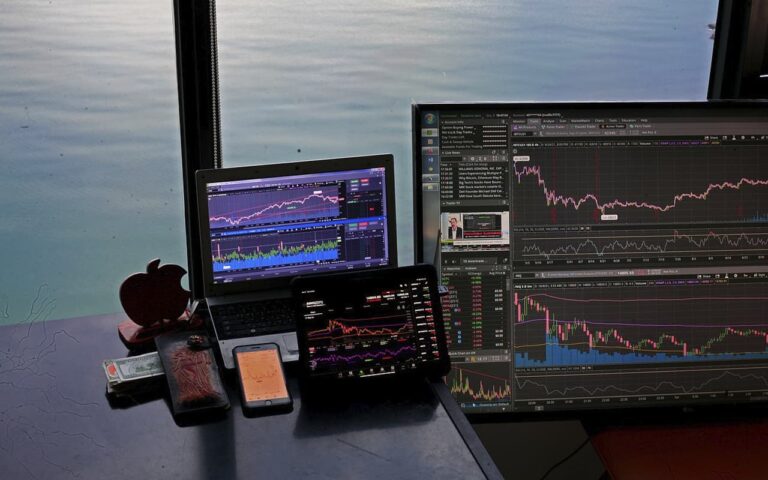NFT, which has garnered so much attention on the internet, will have a huge impact on the gaming industry. This new technology has the potential to transform the economic potential of the online video game industry.
Combine NFT with the gaming industry using the concept of a meta-universe, and you will witness an evolution hitting the technological world.
Start Atlas is one such project setting the pace for a new generation of games. Through a dual-token economy, Star Atlas creates a virtual gaming experience in the far future.
Star Atlas players can travel the vast wastes of space in search of NFT-based gems. It combines blockchain mechanics with NFT-based game elements and unique graphics technology to create a meta-universe experience.
What is Star Atlas (ATLAS and POLIS)?
Star Atlas is a large space-themed strategy video game built on the Solana blockchain. It is a large-scale multiplayer meta-universe set in the far future, in the year 2620.
The gaming platform explores some of the recent technological breakthroughs using Unreal Engine 5’s Nanite to create cinematic-quality video games and visual experiences.
Players in the Star Atlas meta-universe can trade, receive and create non-fungible tokens (NFTs) in the Star Atlas universe, and thereby enjoy an economy that reflects the tangibility, ownership and value of real assets.
Star Atlas is built on the Solana blockchain and therefore capitalizes on the network’s transaction throughput, which maintains an extremely high level of 50,000 TPS (transactions per second).
Solana is positioned as one of the fastest, most secure and censorship-resistant blockchain networks, providing an open infrastructure from which decentralized applications can be created. Solana also offers affordable transaction fees, averaging around $0.00025 per transaction.
The universe of the Star Atlas game is vast, and players will embark on lonely and challenging journeys punctuated by countless dangers while they gather resources and compete to outsmart other players in the meta-universe.
Players can construct entire cities and build micro-economies in-game, or even collaborate and create decentralized autonomous organizations (DAOs) to govern specific regions. Players can even extract real monetary value from the virtual in-game items they collect during the game. Unlike most centralized gaming platforms that limit resale and full ownership of in-game items, Star Atlas fully supports decentralization. Players will fully own the assets they accumulate in-game, with the ability to sell NFT-enabled in-game items on NFT secondary trading platforms.
The whole idea is to encourage monetization of time spent in the Star Atlas game, thereby providing a real economic benefit to participation.
At its core, the Star Atlas game is designed to mimic how the blockchain works, with incentives to support and protect the Star Atlas ecosystem.
For example, the strategy aspect of the game incentivizes players where they use stealth to expand their empire using invasive and defensive tactical plans. Consequently, as long as the player interacts with the game platform, they contribute to the security of the network.
The game also features an exploration aspect where players can fly a spaceship with a crew into the vast and sucking darkness of the Star Atlas universe in search of riches that can be put into steak or mined through mining. Players can find hidden surprises in outer space, while their virtual activities assist in mining and finding blocks.










